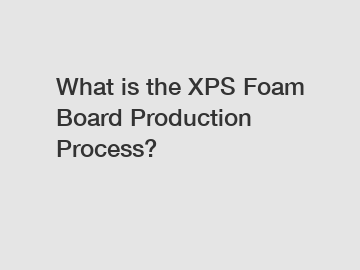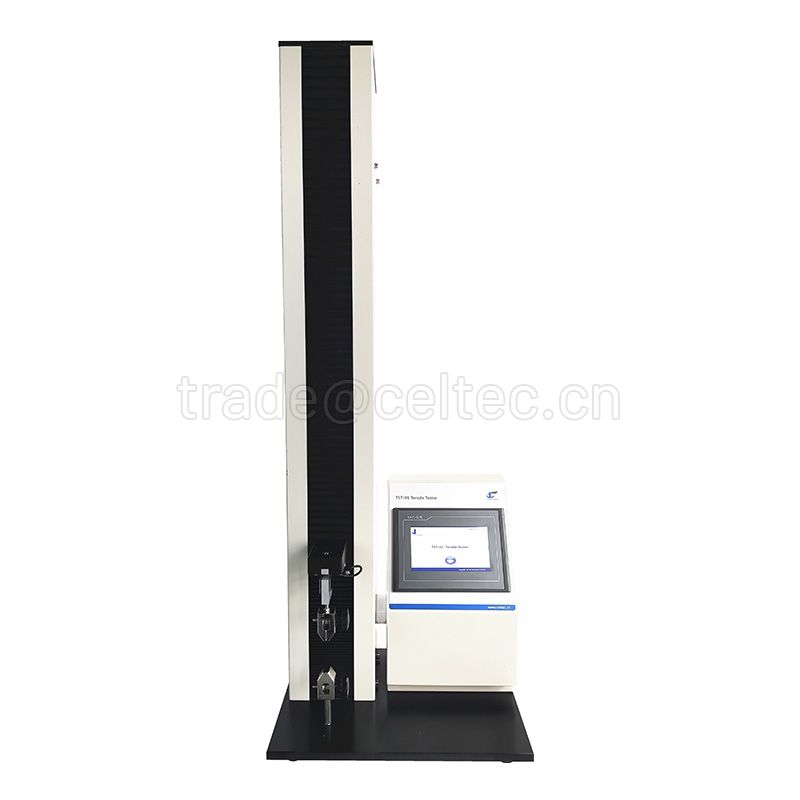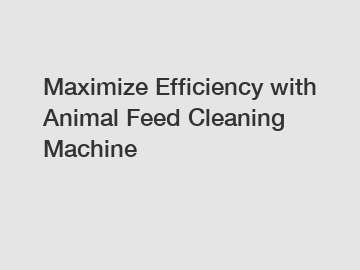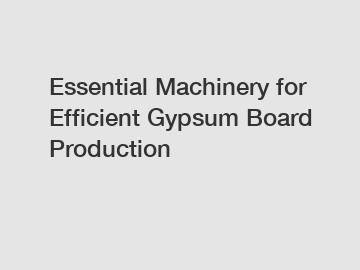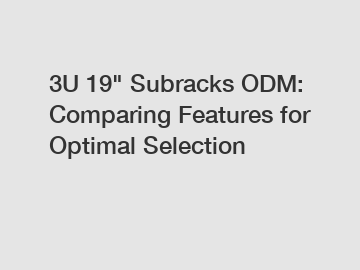Key Considerations to Keep in Mind When Selecting Solar Panel Systems
Assess Your Energy Needs
Understanding your energy consumption is the first crucial step in selecting the right solar panel system. Collect your monthly electricity bills and monitor your usage over a year to get an accurate picture of your needs. Calculate the total kilowatt-hours (kWh) consumed, and consider future changes that might affect your energy usage, such as home expansions or new appliances.
Determine Solar Panel Types
There are several types of solar panels available, including monocrystalline, polycrystalline, and thin-film panels. Each type has its pros and cons regarding efficiency, cost, and aesthetic appeal. Monocrystalline panels tend to be the most efficient but are often pricier. Polycrystalline panels are generally less expensive but are also less efficient. Thin-film panels are lightweight and flexible but require more space than crystalline panels. Evaluate which type aligns best with your needs and budget.
Consider Manufacturer Reputation
When selecting solar panels, it is essential to consider the reputation of the manufacturer. Research well-known brands that have a proven track record of quality and performance. Look for customer reviews, warranties offered, and industry certifications. A reliable manufacturer stands behind their product, ensuring longevity and efficiency for your investment.
Evaluate Installation Options
Whether you opt for a DIY installation or choose professional installers, it's essential to evaluate your options. Professional installations often come with warranties and are done by experts who can ensure the system is set up correctly. If you decide to install the panels yourself, ensure you have the necessary skills and knowledge. Research local building codes and permit requirements as they can vary significantly.
Understand Financial Incentives
Investing in solar panels can be a substantial financial decision. Research federal, state, and local incentives, including tax credits, rebates, and grants, that could significantly reduce your initial investment. Additionally, consider financing options, such as solar loans or leases, which can provide flexibility and make solar power more accessible.
Check Local Regulations
Before investing in a solar panel system, familiarize yourself with local regulations and homeowner association rules. Certain areas may have restrictions on solar installations, such as height limits or aesthetic guidelines. Ensure compliance to avoid potential fines and issues down the line.
Additional resources:How to Choose the Right Screw Chiller Compressors?
Conduct a Site Assessment
Top Benefits of Using Animal Feed Conveyors
How Does an Automated Conveyor Strapping Machine Work?
Essential Guide to 3U 19" Subrack Manufacturing for You
Is Your Strapping Machine Causing Unexpected Downtime?
Feed Processing Line Equipment: Traditional vs. Modern Solutions Explained
Exporting Subracks: Essentials of Electronic Packaging Systems
The location of your solar panels is a critical factor impacting efficiency. Assess your roof’s orientation, shade from trees or buildings, and any other obstructions that may affect sunlight exposure. A thorough site assessment can help determine the optimal placement of your solar panels for maximum energy production.
Consider Future Maintenance
Solar panels require periodic maintenance to ensure optimal performance. Factor in the potential costs associated with cleaning, inspections, and repairs when selecting a solar panel system. Research local companies offering maintenance services and consider creating a long-term maintenance plan to protect your investment.
Analyze System Size and Output
Based on your energy needs, determine the size and output of the solar panel system you will require. Larger systems generate more electricity but will also have higher upfront costs. Balance your financial situation with your energy needs to choose a system that fulfills both criteria effectively.
Conclusion
Selecting a solar panel system is a multi-faceted process that requires careful consideration of numerous factors, from energy needs to local regulations. By following these steps, you can make a more informed decision that aligns with your sustainability and financial goals.
Are you interested in learning more about Screw Chiller Compressors, Chiller Price, Screw and Scroll Compressors? Contact us today to secure an expert consultation!
Additional resources:How to choose the best feed pellet cooler?
Stainless Steel Beer Tank vs. Plastic: Which One Reigns Supreme?
Expert Tips for Drilling Machine Maintenance in 2024
How to choose the best shielding enclosure supplier?
Top Quality Brewing Equipment for Perfect Home Brews
Trackhoe Bucket vs. Excavator Bucket: Which is Better for You?
What factors influence feed pellet cooler purchasing decisions?




